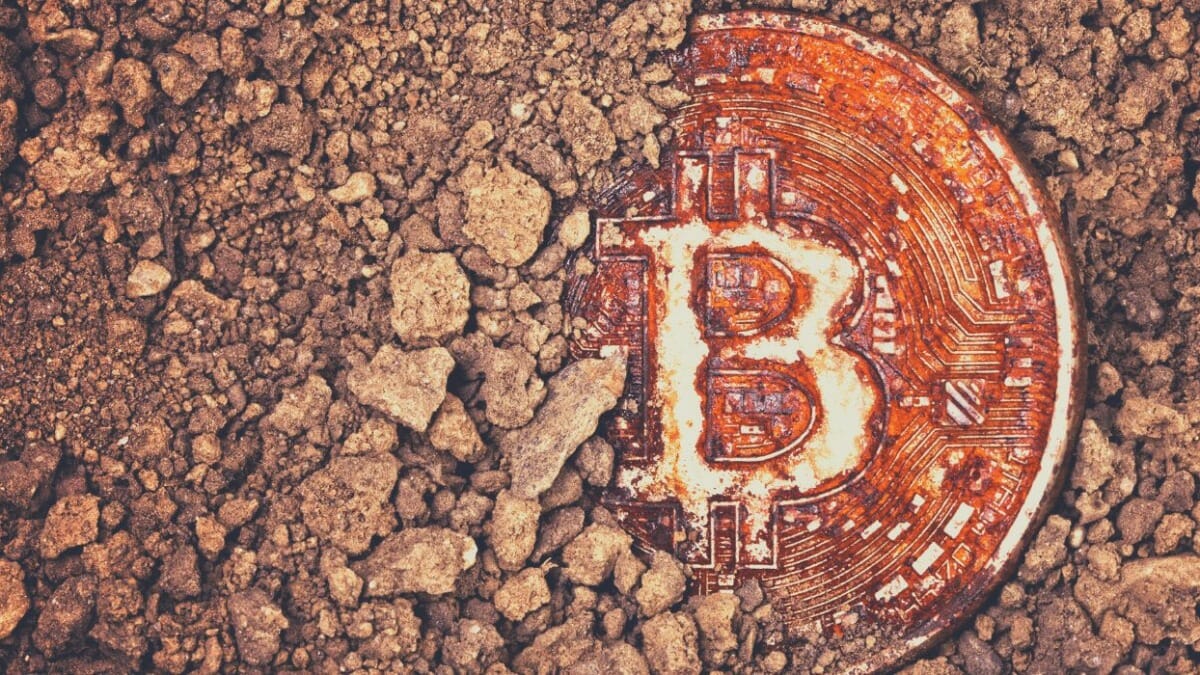ASIC Investigating Further into Gold Coast Superannuation Scam

Short of opening a special branch in Queensland, the Australian Securities and Investments Commission (ASIC) has had an unusually busy month in the Sunshine State.
On November 6, ASIC obtained Federal Court orders to shut down unlicensed Gold Coast financial services business A One Multi for suspected unlawful activity. This came after it imposed a three-year ban on Queensland investment adviser Keith Robert McDermott for similarly failing to provide advice in clients’ best interests.
In the same week, an A$100 million class-action lawsuit was filed against the Gold Coast-based issuers of controversial token Qoin.
Now ASIC is trying to recover a trove of bitcoin worth up to A$29 million held in an encrypted device belonging to a director of A One Multi who is suspected of large-scale superannuation fraud. The investigation implicates CoinSpot, the crypto exchange used by accused scammer Aryn Hala to invest his allegedly ill-gotten gains.
Almost $30 Million in Bitcoin Unaccounted For
ASIC has co-accused Hala and his partner Heidi Walters along with A One Multi of scamming 92 financially strapped Australians who were looking to gain early access to their super. Bank accounts show the couple’s company received A$25 million from the investors. No criminal charges have been laid.

ASIC alleges Hala and Walters used their victims’ money to buy bitcoin, luxury cars and other high-end goods, couture fashion, weight loss surgery, and to make a substantial donation to their church.
The couple has engaged lawyers, indicating they intend to challenge ASIC’s allegations. Hala and Walters’ legal team says they are openly assisting both ASIC and the receivers with their inquiries, including providing all financial records, in the hope the investigation is expedited.
ASIC called in receivers from KPMG to unravel Hala’s business and personal accounts and to trace the trove of bitcoin. It has also won travel bans against Hala and Walters and freezing orders over their assets, which include a Tesla and a Ferrari.
Unpicking Hala’s bitcoin investments has proved problematic for regulators and has raised issues regarding oversight controls at CoinSpot, which bills itself as one of Australia’s leading cryptocurrency exchanges.
CoinSpot Initially Claimed Hala Was Not a Customer
According to court documents filed by the regulator in support of freezing orders against the couple and A One Multi, CoinSpot initially told ASIC investigators that no records were held for crypto accounts in the name of Hala, Walters, or their company.
On closer inspection of Hala’s bank statements, ASIC located his CoinSpot account number and found he had a balance of just $1.96. A full CoinSpot audit showed Hala’s bitcoin wallet had received 375.99 BTC (worth almost A$30 million at time of writing) and executed total sell orders of A$979,843 – indicating that some $29 million worth of coins were located elsewhere. ASIC investigators believe Hala had transferred the coins to a cold wallet.
CoinSpot defended its early claim that Hala was not an account holder.
CoinSpot has a cooperative relationship with all relevant regulatory bodies including ASIC. Any lawful requests for information by regulators are treated seriously and with priority … [although that] information may need to be verified before any information can be shared.
CoinSpot statement
Hala is expected to share instructions with receivers KPMG on how to access his cold wallet in coming weeks.






